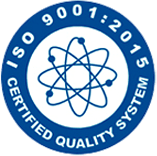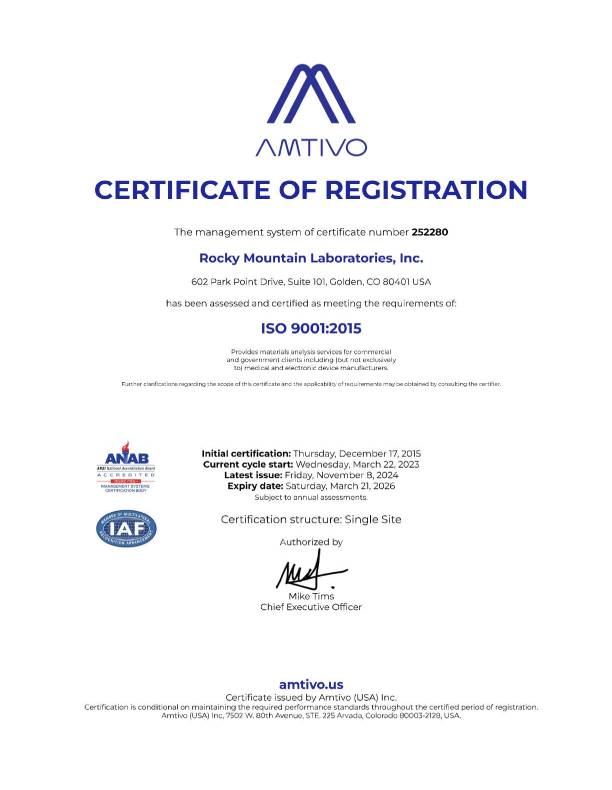FTIR (Fourier Transform Infrared Spectroscopy) is a powerful analytical technique used in quality control and process monitoring across various manufacturing industries. Its ability to provide rapid, non-destructive, and real-time analysis makes it a valuable tool for ensuring product consistency and process efficiency. Here are some ways FTIR is employed in quality control and process monitoring in manufacturing:
1. Raw Material Analysis: FTIR is used to analyze incoming raw materials to ensure their quality and conformity to specifications. It helps manufacturers identify any impurities or deviations in the chemical composition of raw materials before they are used in production.
2. Blend and Formulation Analysis: In industries such as pharmaceuticals, food, and cosmetics, FTIR is used to verify the composition and homogeneity of blends and formulations. It ensures that the right ingredients are present in the correct proportions, resulting in consistent product quality.
3. Polymer and Plastics Characterization: FTIR is widely used in the polymer and plastics industry to analyze the composition, additives, and structural properties of polymer materials. It aids in identifying different polymer types, checking for polymer degradation, and assessing material properties.
4. In-Process Analysis: FTIR is employed to analyze products at various stages of production. This helps in identifying any deviations from the desired specifications early in the process, allowing for timely adjustments and preventing the production of non-conforming products.
5. Quality Assurance: FTIR provides a quick and reliable method for quality assurance in manufacturing. It helps ensure that the final products meet the required quality standards and comply with regulatory requirements.
6. Material Identification: FTIR can be utilized to identify unknown materials or contaminants that may have entered the production process, enabling manufacturers to trace the source of issues and take corrective actions.
7. Contamination Analysis: FTIR is employed to detect and analyze contaminants in products or production equipment. This is crucial for maintaining product purity and avoiding contamination-related issues.
8. Packaging Analysis: FTIR can be used to assess the composition of packaging materials, ensuring they meet the required standards for preserving product quality and integrity.
Overall, FTIR spectroscopy plays a significant role in quality control and process monitoring in manufacturing, enabling manufacturers to maintain consistent product quality, optimize production processes, and ensure regulatory compliance. Its versatility and speed make it an essential tool in various industries, including pharmaceuticals, food and beverages, chemicals, polymers, and more.



